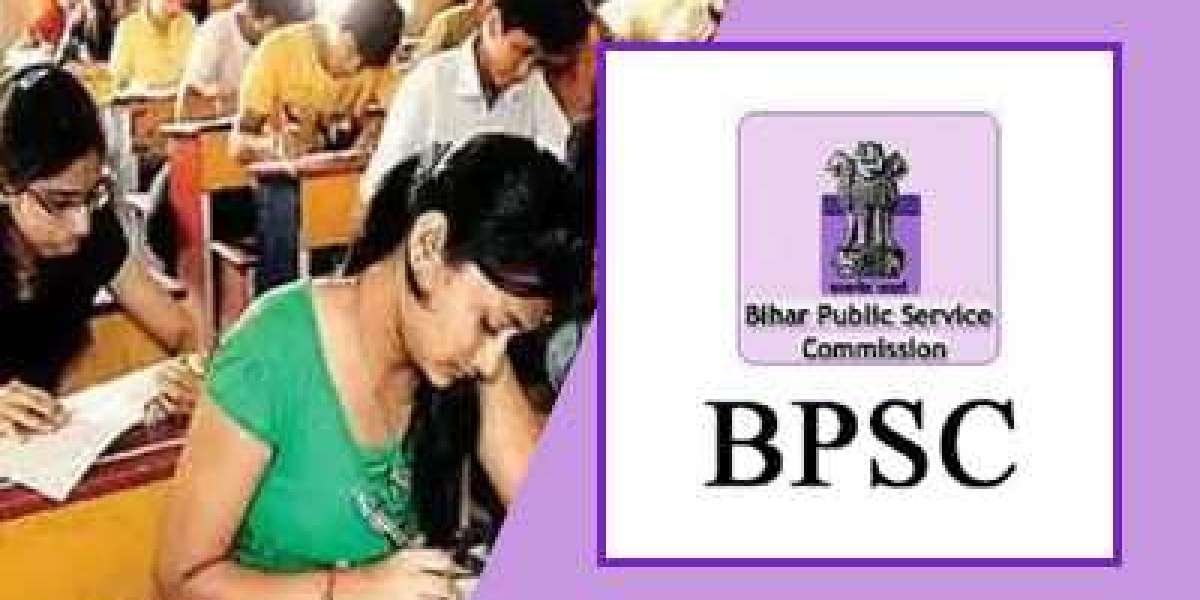The Bihar Public Service Commission (BPSC) exam is one of the most prestigious and challenging competitive examinations in India. Aspiring candidates prepare rigorously for this exam, as it opens doors to various administrative and governmental roles within the state of Bihar. To succeed in the BPSC exam, a well-structured study plan, dedication, and a clear understanding of the exam pattern and syllabus are essential. This article provides a detailed guide on how to effectively prepare for the BPSC exam.
Understanding the BPSC Exam Pattern
The BPSC exam is conducted in three stages: the Preliminary Examination (Prelims), the Main Examination (Mains), and the Interview. Each stage is crucial, and candidates must clear each one to advance to the next.
- Preliminary Examination: The Prelims consist of a single objective-type paper with multiple-choice questions. This paper covers General Studies and carries 150 marks. The questions are designed to test the candidate’s general awareness, current events knowledge, and basic understanding of subjects like history, geography, polity, and economics. The Prelims serve as a screening test, and the marks obtained in this stage are not counted towards the final merit list.
- Main Examination: Candidates who qualify in the Prelims are eligible to appear for the Mains. The Mains consist of four descriptive papers:
- General Hindi: This paper is qualifying in nature, requiring a minimum passing mark. It includes essay writing, grammar, and other elements of the Hindi language.
- General Studies Paper I: This paper focuses on the history of India, particularly Bihar, Indian culture, and geography.
- General Studies Paper II: This paper covers Indian polity, economy, and national and international current events.
- Optional Subject Paper: Candidates can choose an optional subject from a list provided by the BPSC. The choice of an optional subject can significantly impact the candidate’s score, so it should be selected based on interest and expertise.
- Interview: The final stage is the Interview, which assesses the candidate’s personality, communication skills, and suitability for a career in the civil services. The interview board evaluates the candidate’s confidence, general awareness, and problem-solving abilities.
Syllabus Overview and Preparation Strategy
- General Studies Preparation:
- History and Culture: Start with the NCERT books to build a strong foundation. For deeper understanding, refer to standard texts like “India’s Struggle for Independence” by Bipan Chandra and “A Brief History of Modern India” by Spectrum.
- Geography: Focus on physical, social, and economic geography. NCERT textbooks are essential, and additional reference materials like “Certificate Physical and Human Geography” by G.C. Leong can be helpful.
- Polity: “Indian Polity” by M. Laxmikanth is the go-to book for this section. It covers the Constitution, governance, and political dynamics comprehensively.
- Economics: For basic concepts, refer to NCERT textbooks. “Indian Economy” by Ramesh Singh is a useful resource for understanding economic issues, policies, and current economic trends.
- Current Affairs: Regularly read newspapers like The Hindu or Indian Express and follow monthly magazines like Yojana and Kurukshetra to stay updated on current events.
- Optional Subject Selection:
- Choose an optional subject based on your background, interest, and availability of resources. Whether it’s a literature subject, history, geography, or any other discipline, make sure you have a genuine interest and sufficient study material.
- Previous years' question papers and standard reference books are essential for understanding the level of preparation required for the optional subject.
- Answer Writing Practice:
- Answer writing is a critical component of the Mains exam. Practice writing structured, concise, and relevant answers within the word limit. Regular practice helps in improving writing speed and clarity of thought.
- Evaluate your answers with the help of peers, mentors, or through online forums to identify areas of improvement.
- Time Management:
- Create a realistic and flexible study schedule. Allocate time for each subject and include regular revision sessions.
- Mock tests and previous years’ papers are vital tools. They help in understanding the exam pattern, managing time, and building exam temperament.
- Interview Preparation:
- Work on your communication skills and general knowledge. Mock interviews can be helpful in gaining confidence and understanding the type of questions that may be asked.
- Be honest, confident, and maintain a positive attitude during the interview. The board looks for well-rounded individuals who can think on their feet.
Conclusion
Success in the BPSC exam requires a combination of hard work, strategic planning, and continuous self-assessment. Understand the syllabus thoroughly, stay updated on current events, and keep practicing answer writing. Selecting the right optional subject and preparing for the interview with sincerity will further enhance your chances of success. Remember, persistence and a positive attitude is key to cracking this challenging examination.
Discover More At:-
BPSC || BPSC 70th || 70th BPSC || BPSC 70th 2024
Read More: - https://www.myonlineprep.com/exam/bpsc
Follow Us on Facebook: - https://www.facebook.com/myonlineprep/
Follow Us on Twitter: - https://twitter.com/myonlineprep
Follow Us on YouTube: - https://www.youtube.com/myonlineprep
Follow Us on Linkedin: - https://www.linkedin.com/company/myonlineprep/
Address: - Rafin Education India Pvt Ltd 405, Emarat Firdaus, Exhibition Road, Patna - 800006 (IN)
Call US: +91 92641 49917
Email US: - info@myonlineprep.com








